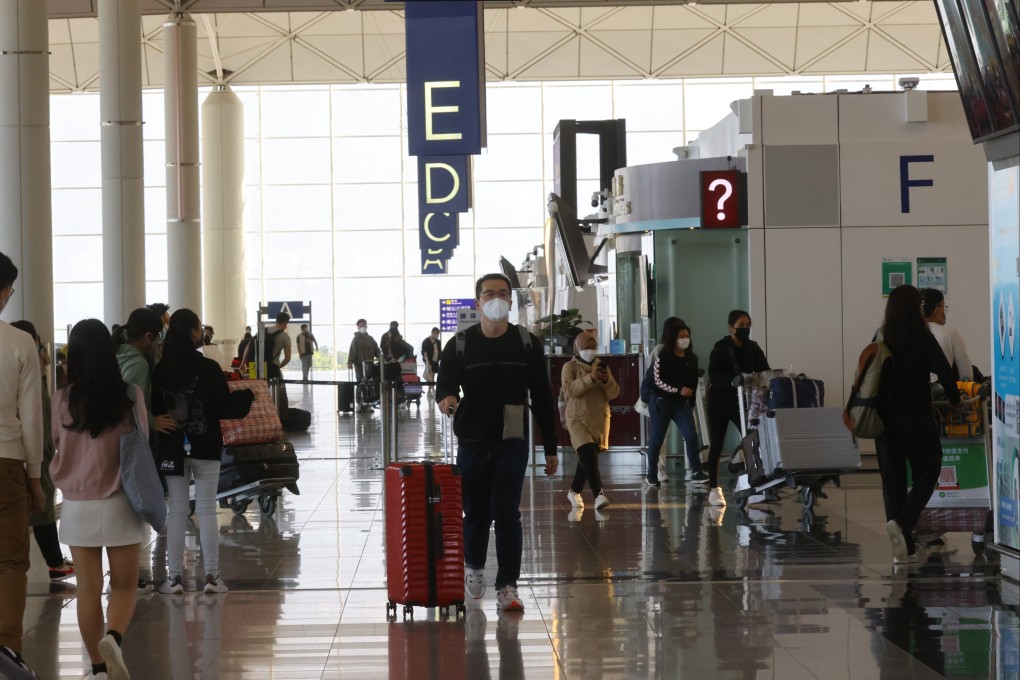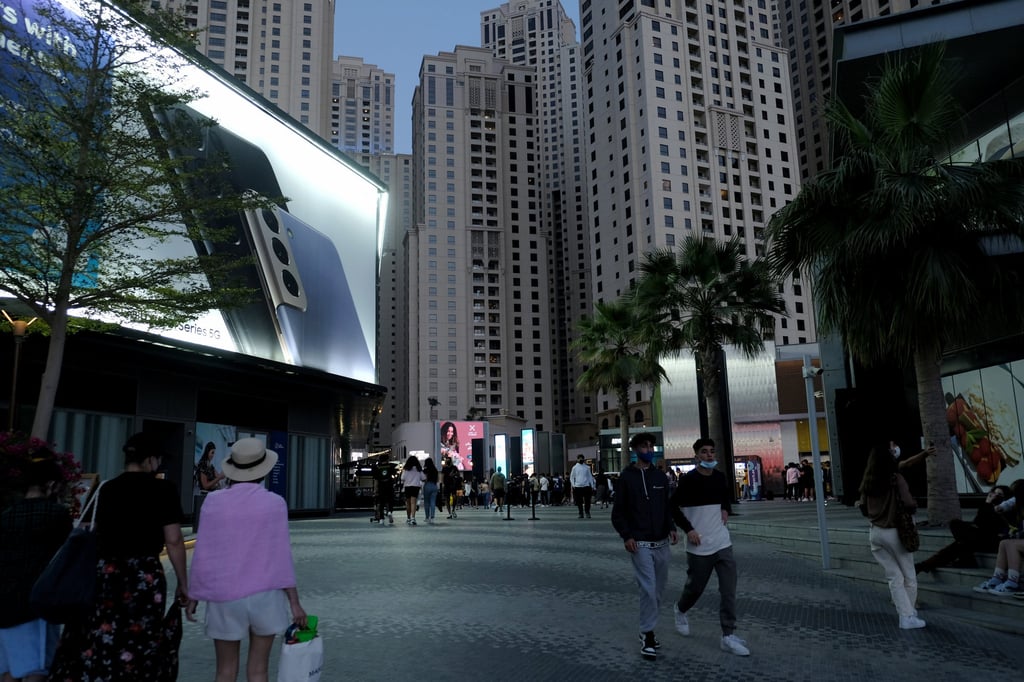Destinations known | Leaving Hong Kong until better times return? Singapore, Thailand or Dubai could prove suitable boltholes, or maybe Vietnam, Fiji - even Finland
- A pandemic-record net 71,354 people departed Hong Kong in February, but some will have only done so temporarily until the city’s Covid-19 situation improves
- With flight suspensions to many countries, including Australia, Britain and the US, Southeast Asia’s traditional holiday hotspots are again gaining their lustre

The most important words issued in the past week were not about a feared “large-scale lockdown” in Hong Kong, nor even about the atrocities being committed in Ukraine.
Why is that relevant in a travel and tourism column? Well, there will be no holidays on a dead planet. The time we have left to maintain some semblance of a civilised society is slipping through our hands like sand in an hourglass.
That said - and with all things being relative - the concerns of Hongkongers, especially those with young families, as the city considers even more stringent Covid-19 measures are understandably acute. Having been subject to two years of restrictions, many need a break. Especially frustrating is that, as the screws tighten at home, so much of the world is getting used to living with Covid-19 and opening back up.


